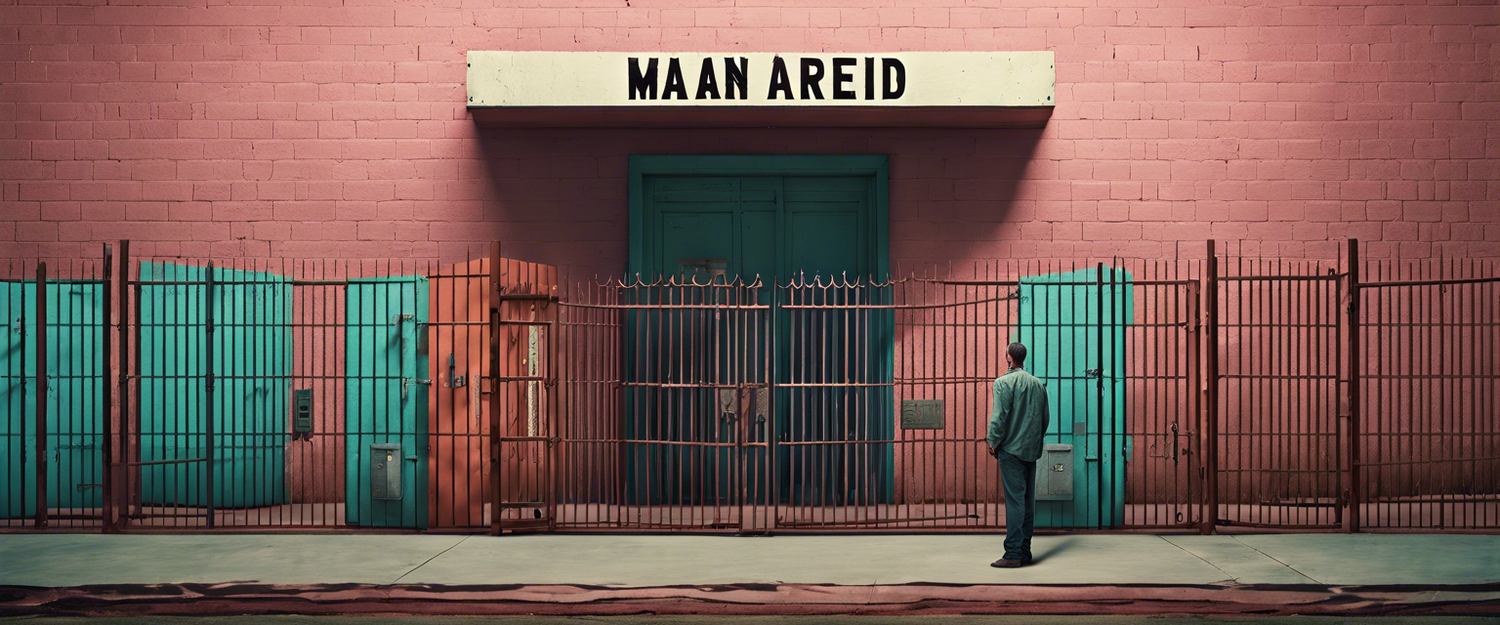The Complex Relationship Between AI Content Deals and Copyright Law
The ongoing evolution of artificial intelligence (AI) technologies has raised significant questions about copyright laws and its implications on both creators and users. In a recent Bluesky thread, Colorado tech law professor Blake Reid shed light on the intricacies of this relationship and the broader implications for stakeholders in this rapidly changing landscape.
Understanding Copyright in the Context of AI
Reid highlights that copyright law has often been inadequate in addressing the needs and concerns of those affected by it. With the rise of AI, new challenges arise, particularly when AI is trained on copyrighted materials. The debate centers around who owns the rights to the content generated by AI systems that consume existing copyrighted work.
The Lack of Inclusion in Copyright Deals
One of Reid’s main points is that copyright deals frequently exclude many stakeholders from meaningful participation in negotiations. Copyright is designed to protect the rights of creators, but the complex nature of AI content generation means that the rights of various contributors can become blurred. This is particularly true for individuals whose works are used as training data but who are not compensated or acknowledged in the final outputs.
Consequences of Exclusion from Copyright Agreements
This exclusion not only undermines the rights of original creators but also encourages a culture of opacity and distrust between AI developers and content creators. As AI continues to evolve, the implications of these dynamics send ripples across different industries, from publishing to music and beyond.
Blake Reid's Conclusion
In his observations, Reid concludes that copyright, in its current form, fails to give adequate representation to those both positively and negatively impacted by its application, stressing the importance of visibility and participation in discussions about copyright in the age of AI.
Moving Towards More Inclusive Copyright Policies
As technology continues to advance, it is essential for stakeholders, including lawmakers, content creators, and companies deploying AI technologies, to engage in meaningful conversations about copyright law. This includes the development of frameworks that recognize the contributions of all parties involved and establish fair compensation practices.
Final Thoughts
The conversation around AI and copyright will likely intensify as the technology becomes more integrated into creative processes. It is crucial for the affected parties to advocate for their rights and seek a collaborative approach to copyright legislation that embraces innovation while respecting original creators' rights.



Lasă un comentariu
Toate comentariile sunt moderate înainte de a fi publicate.
Acest site este protejat de hCaptcha și hCaptcha. Se aplică Politica de confidențialitate și Condițiile de furnizare a serviciului.